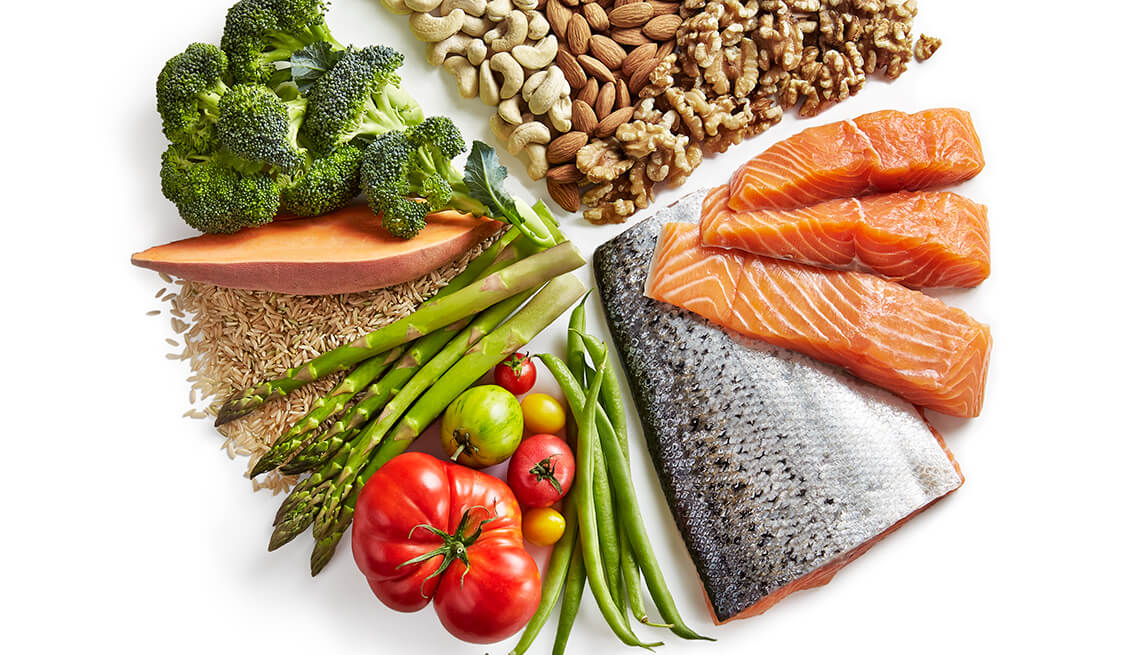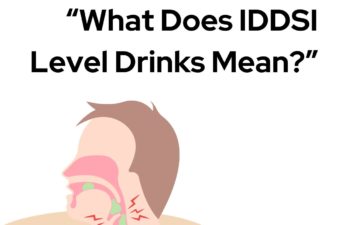Dysphagia, or difficulty swallowing, is a condition that can make the act of eating a challenge. It’s essential to understand that not all foods and drinks are safe for people with dysphagia, and some can increase the risk of choking or aspiration. In this article, we’ll discuss the types of food to avoid, offering alternatives to ensure nutritional needs are met safely.
High-Risk Foods and Drinks
- Hard or Tough Foods: Foods that require significant chewing, such as steak, raw vegetables, and whole fruits, can be challenging to swallow safely.
- Dry or Crumbly Foods: Foods like bread, cake, cookies, or chips can break apart in the mouth and increase the risk of aspiration.
- Sticky Foods: Sticky foods like peanut butter or melted cheese can be difficult to swallow and may stick to the throat.
- Thin Liquids: Thin liquids, including water, coffee, tea, and clear broths, can be particularly tricky for people with dysphagia. They are often swallowed too quickly, increasing the risk of entering the windpipe.
- Foods with Mixed Textures: Foods that have both solid and liquid components, like cereal with milk or soup with chunks of vegetables, can be challenging to manage in the mouth and swallow safely[^1^].
Safer Alternatives
Thanks to continuous advancements in the field, several solutions can aid those with dysphagia while ensuring they get the required nutrition:
- Soft, Cooked Foods: Soft fruits, vegetables, or proteins that have been cooked until tender can be easier to chew and swallow.
- Pureed Foods: Foods that have been pureed to a smooth consistency can make swallowing safer and easier. There are many commercially available pureed foods, or you can make them at home with a blender or food processor.
- Thickened Liquids: Liquids can be thickened to a safer consistency using commercial thickeners. The International Dysphagia Diet Standardisation Initiative (IDDSI) provides guidelines for the appropriate thickness levels[^2^].
- Specialised Dysphagia Products: Products specifically designed for those with dysphagia, like the innovative Dysphagia Drinks Machine by Refreshment Systems, provide a convenient way to prepare a variety of safe, enjoyable drinks[^3^].
Conclusion
While dysphagia can make eating and drinking more difficult, it doesn’t mean that those with the condition can’t enjoy a variety of flavours and get the nutrients they need. Remember to consult a healthcare professional for personalized advice on managing dysphagia.
For more information on dysphagia management solutions, visit Refreshment Systems Ltd.
[^1^]: American Speech-Language-Hearing Association, Dysphagia
[^2^]: International Dysphagia Diet Standardisation Initiative, Framework
[^3^]: Refreshment Systems Ltd, Dysphagia Drinks Machines




